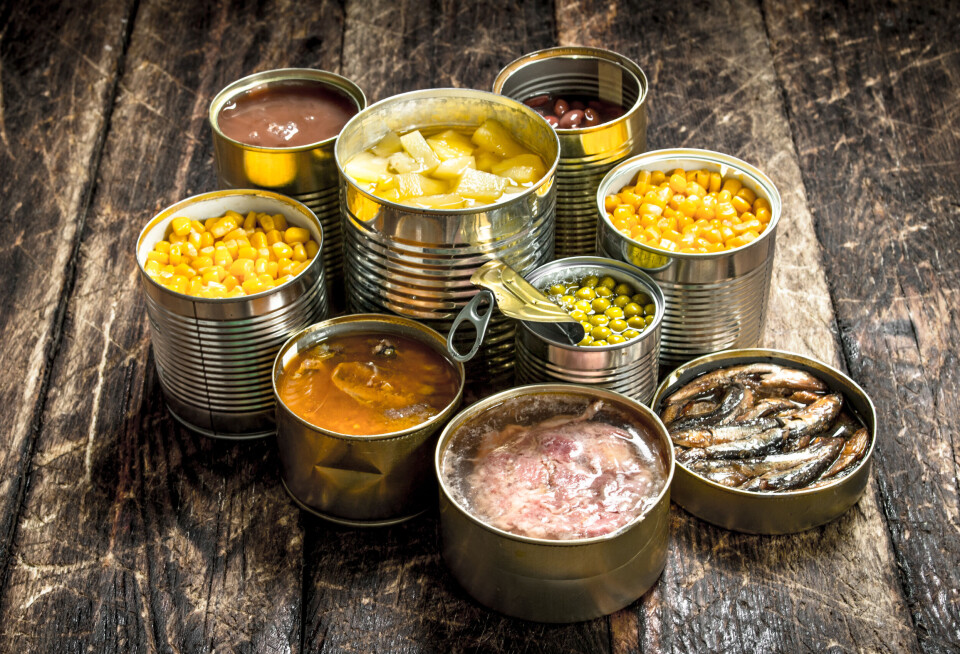-
Photos: 94 chateaux open their doors to visitors in Dordogne
The fifth Chateaux en Fête festival offers a chance to look around many impressive properties that are usually private
-
Faudra Tif Hair: Understand the punny names behind French hair salons
Can you guess the slang meaning of the word tif?
-
Did you know? France invented the strawberry
As strawberry season gets underway, you might be surprised to hear that garden strawberries originated in France and can be used in many ways
Did you know? First system for canning food was invented by French man
Nicolas Appert dethroned previous methods of food preservation with the breakthrough in 1795. It was later discovered that this new invention also eradicated bacteria

Preserving food in hermetically sealed containers, which we now take for granted in the tins, cans and jars we find on supermarket shelves, was first invented in France by Nicolas Appert.
He was born in Châlons-en-Champagne, Marne in 1749. His parents ran an inn, and he became a confectioner.
At that time the only methods for preserving food were smoking or salting, alcohol, vinegar, fat or sugar, but they were all only short term effective.
He was determined to find a longer lasting solution and continued his investigations even during the Revolution, in which he was involved and even imprisoned for a while.
After years of experimentation, he discovered in 1795, that if he put food into bottles, completely sealed the top and then heated them in a pan of boiling water, his preserves would last indefinitely.
It worked, but no-one understood the science behind it until, over sixty years later, Louis Pasteur proved that heat killed bacteria.
Appert used champagne bottles and had the necks widened by a glass maker. There was no alternative as the existing tin was of poor quality.
He opened the first bottling factory in the world in 1804 at Massy, Paris and his products sold both in France and abroad.
However, when he first presented his discovery to the Exhibition of Products of French Industry, in 1806, it went unnoticed.
Instead he took his product to the navy who took it on board their ships, where it helped stave off scurvy. Articles in the press heralded the new discovery.
The Courrier de l’Europe wrote that he had “found the art of fixing the seasons. With him spring, summer and autumn live on in bottles.”
The government gave him the choice between taking out a patent or giving his findings to the nation in return for a single sum of money.
He chose the second option and wrote up his findings in L’art de conserver pendant plusieurs années toutes les substances animales et végétales (The art of conserving animal and vegetable substances for several years).
Copies were sent to all the prefectures. It was translated and sent abroad.
The British took up the idea, and as they had a better quality tin, developed the use of cans.
In 1815, during the Napoleonic Wars his factory at Massy was destroyed.
Appert continued his research and discovered that heating milk to 70°C helped to keep it fresh longer.
However, his experiments did not bring him in any income and he died, aged 91, in poverty.
There was not even enough money after his death for a tomb and he was buried in a communal grave. He once wrote: “I have sacrificed my whole life for the good of humanity.”
Previous articles
The Austrian who transformed 'le petit déj' French breakfasts
French spreadable cheese La Vache Qui Rit celebrates 100th year
























